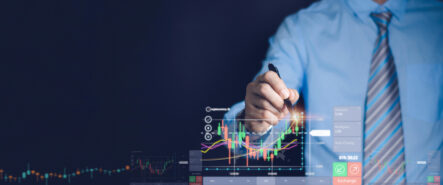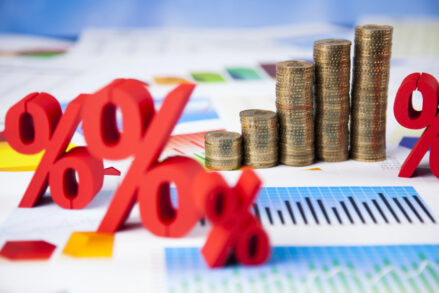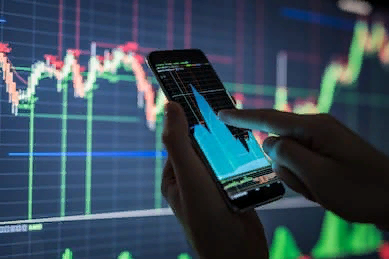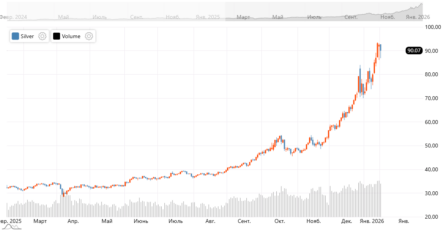The term Forex is derived from «foreign exchange». In essence, it is an international OTC market, meant for exchanging currencies of countries all over the globe. Forex appeared in the 1970s, and with the development of computer technology and the Internet it became available to almost anybody.
To trade on Forex, you must choose a broker, sign a contract for their service, install the software (the trading terminal, platform) on your PC or another electronic device, and deposit your account.
Trading is available 24 hours a day, 5 days a week (Monday to Friday). Saturday and Sunday are days off, as well as some festive days. For example, on Independence Day, a national holiday in the USA, Forex does work as in other countries this is a normal workday.
Instruments
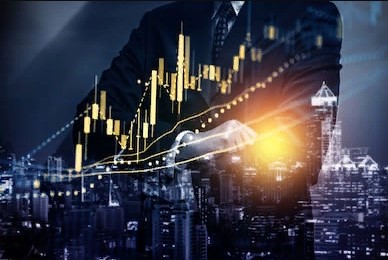 Initially, they traded money on Forex, selling one currency for another. For example, you could buy the euro (EUR) for the dollar (USD) or the British pound (GBP) for the Swiss franc (CHF). These are the so-called currency pairs, and their price in relation to one the other is called the exchange rate.
Initially, they traded money on Forex, selling one currency for another. For example, you could buy the euro (EUR) for the dollar (USD) or the British pound (GBP) for the Swiss franc (CHF). These are the so-called currency pairs, and their price in relation to one the other is called the exchange rate.
Currency pairs can be of several types:
- Major pairs are such pairs where one of the currencies is the US dollar: AUDUSD, EURUSD, GBPUSD, NZDUSD, USDCAD, etc.
- Cross rates are pairs without the USD: AUDCAD, CHFJPY, EURJPY, GBPCAD, NZDJPY, etc.
- Precious metals. Metals are traded on the market traditionally, some of them being available on Forex in the pair with the US dollar: gold (XAUUSD), silver (XAGUSD), etc.
- Cryptocurrencies. With the development of the market, most cryptocurrencies appeared on Forex as well in the pair with the dollar: the Bitcoin (BTCUSD), Ethereum (ETHUSD), etc.
- CFDs. It should be noted that recently we have got an opportunity to trade an instrument previously unavailable on Forex — CFDs on most popular stocks and indices.
Market participants
Market participants on Forex are:
- Central banks are major market players
- Commercial banks are other licensed banks
- Investment funds receive their profit from currency speculations
- Large commercial structures buy or exchange currencies to pay for some goods
- Forex brokers and dealing centers provide access to the market to individual traders and investors.
- A trader is a person trading on financial markets. As a rule, most traders are speculators carrying out financial operations in order not to invest but to speculate. The goal of a speculator is to earn a lot of money quickly with minimal losses.
How quotations are formed
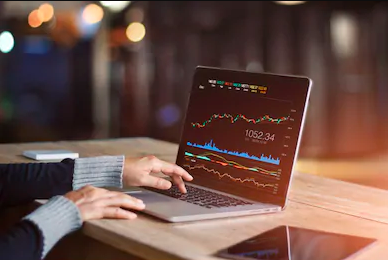 A quotation is the price of a currency expressed in another currency. Everyone who has ever exchanged money came across quotations. On Forex, they are the same. There are two types of quotations: Bid is the price of a buy and Ask is the price of a sale. Depending on the direction of the trade (whether we are buying or selling) we will use the Bid or Ask quotation.
A quotation is the price of a currency expressed in another currency. Everyone who has ever exchanged money came across quotations. On Forex, they are the same. There are two types of quotations: Bid is the price of a buy and Ask is the price of a sale. Depending on the direction of the trade (whether we are buying or selling) we will use the Bid or Ask quotation.
The difference between the Bid and Ask is called a spread. On Forex, the spread is quite often the source of income for brokers. A broker sells an asset for their client at a higher price and buys it a lower one compared to the price they work at with their liquidity provider (prime broker).
Example
The trader has planned a buy in the EURUSD pair. For this, they need a seller ready to sell the euro for the US dollar (and, by the way, there will always be one). In the terminal, there are 2 current price indices (same as when you exchange currencies at a bank): Bid — 1.1009 and Ask — 1.1007. This means that now there is an offer to sell the euro at 1.1009 and to buy it at 1.1007 (no offers to sell at 1.1007). It turns out that the trade will be carried out at 1.1009 (at the seller’s price). Let us imagine that the EURUSD pair grows in price later and the trader will be able to close the trade (selling the bought euro back, earning on it). The difference between buying and selling prices will be the trader’s profit.
On Forex, the quotations are formed at the basis of the demand and supply balance. The higher the demand for a currency, the higher its price expressed in other currencies. If the demand shrinks, the price also decreases (however, it does not mean that it will fall to zero).
Closing thoughts
Technically, trading on the Forex market is much easier than it seems. The abundance of software and computer technology makes the work much easier and helps to make better trading decisions. However, the final decision is for the trader to make.

